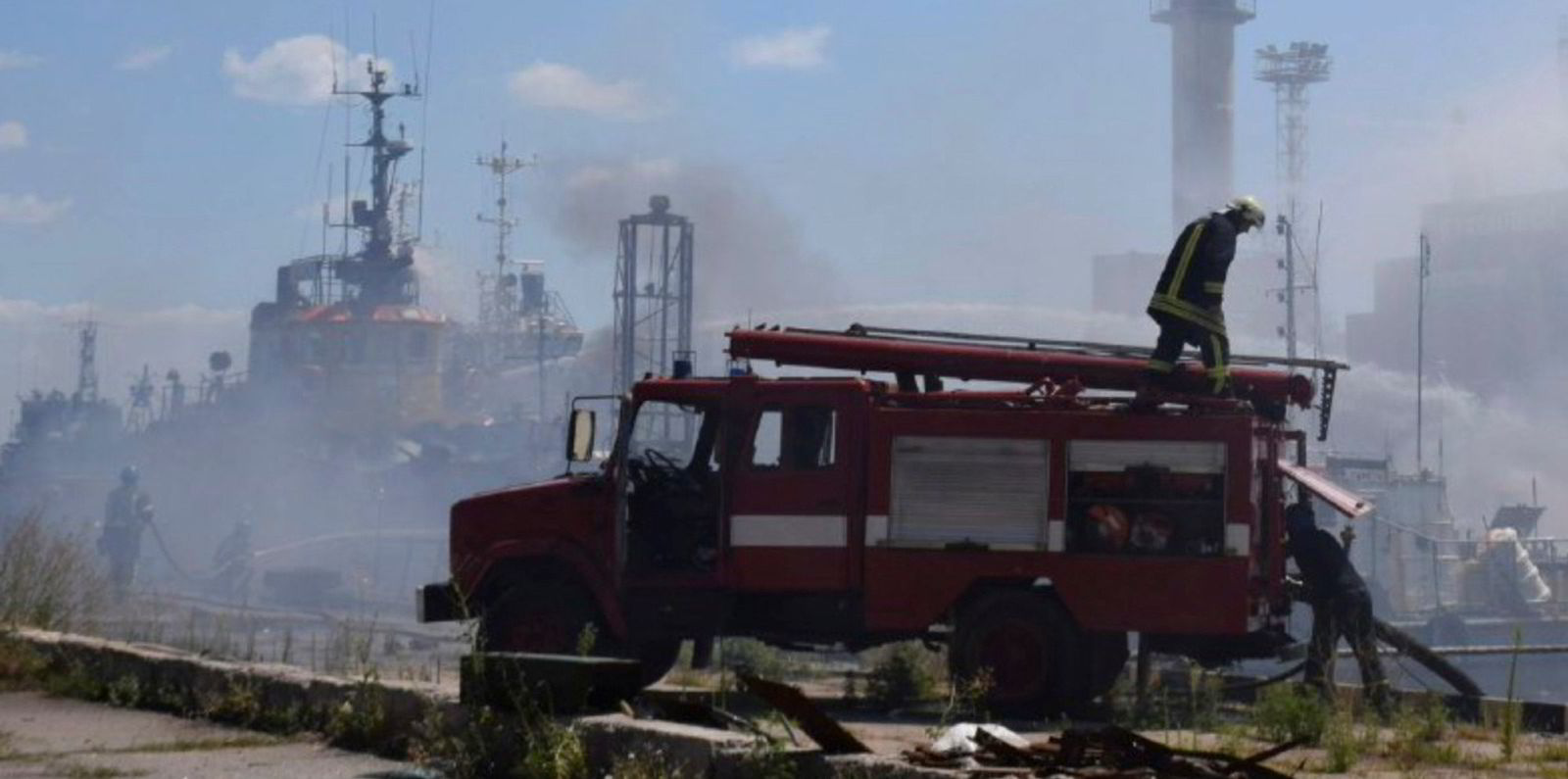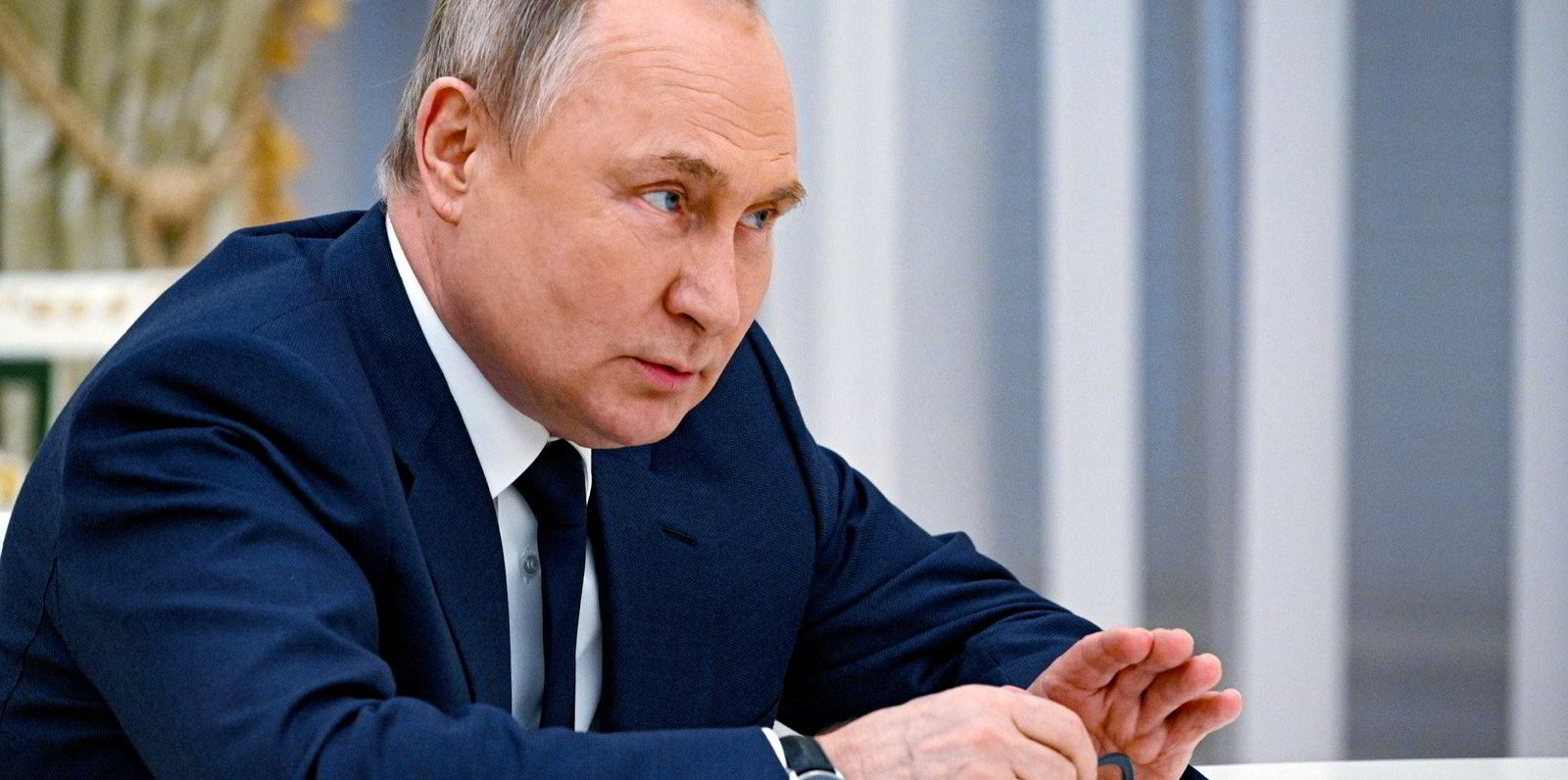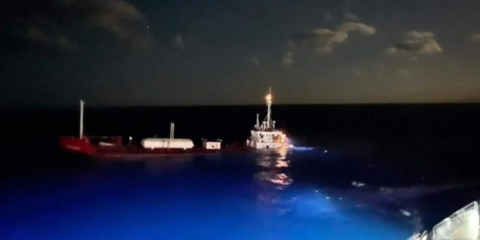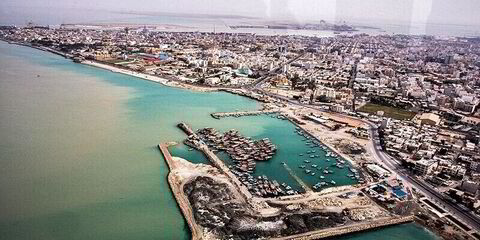Grave doubts remain about the good faith of Russia in honouring its agreement to allow Turkish-supervised exports of Ukrainian grain. There are also practical obstacles to realising the plan — not least from the marine insurance market.
But far too much is at stake to give up on this crucial opportunity.
The precarious wartime economy of Ukraine is depending on it, and so is the food supply of many of the world’s least self-sufficient countries.
On 22 July, Ukraine, Turkey and United Nations secretary general Antonio Guterres signed the Black Sea Grain Initiative on the partial unblocking of Ukrainian ports. This is one of the most important steps for the recovery of the Ukrainian economy and supply chains.
The purpose is to facilitate safe navigation for the export of grain and related food products and fertilisers, including ammonia, from Odesa, Chornomorsk and Yuzhny, often referred to as the ports of Greater Odesa.
The starting point for launching the “safe corridor” mechanism is the establishment of the Joint Coordination Center in Istanbul. Merchant vessels will have to pre-register with the centre and will be subject to inspection by a team in ports designated by the Turkish side.
It is important to note that we are talking about a “maritime humanitarian corridor that will be controlled remotely by the parties” — that is, the presence of warships is not allowed. Likewise, this applies to demining, which will not be carried out, except where it is necessary for the passage of ships through the corridor.
The agreement will remain valid for 120 days.
From an economic point of view, such an agreement will allow Ukraine to export 20m tonnes of grain and oil crops that are waiting to be shipped, it will free up space for storing the new harvest and it will bring in foreign currency income. For comparison, in June, Ukraine was able to complete only one-third of its planned grain exports.

There is also a humanitarian aspect to the agreement — it will get much-needed food to Africa, Asia and Europe.
Meanwhile, the obstacles to the agreement are substantial.
From the perspective of the shipping industry, and especially of shipowners, one crucial obstacle involves insurance, particularly war risks.
Even before signing the agreement, the insurers unanimously stated that they need additional guarantees in connection with potential losses that might occur. Therefore, it is now expected that the underwriters will work out in detail how to implement the signed agreement.
Owners whose ships have been stuck in Ukraine since 24 February are most urgently interested in unblocking ports. These vessels, including about 80 merchant ships, will be the first to pass through the “maritime humanitarian corridor”.
Other shipowners will carefully consider all the risks of entering Ukrainian ports, including the Turkish fleet, which is especially determined. The decision to charter a vessel for voyages to Ukrainian ports will be influenced by the freight rate, payment of insurance premiums for war risks and potential military threats in the Black Sea.
In short, the unblocking of Ukrainian ports, even if it is only partial, offers fundamentally positive changes for the national economy. But it carries great potential risks, given the questionable good faith of Moscow in fulfilling its obligations under the agreement.
The Ukrainian shipping community had not even had time to analyse all the pros and cons of the agreement when Russia attacked the territory of the port of Odesa with a missile strike on 23 July, then launched strikes on the larger Odesa region.
Despite this, the ports are preparing for the first caravans, while all other market participants are waiting for the results of those passages.
Evgeniy Sukachev is a senior partner at
the Odesa-based Black Sea Law Co
Do you have an opinion to share?
Email: news@tradewindsnews.com(Copyright)





